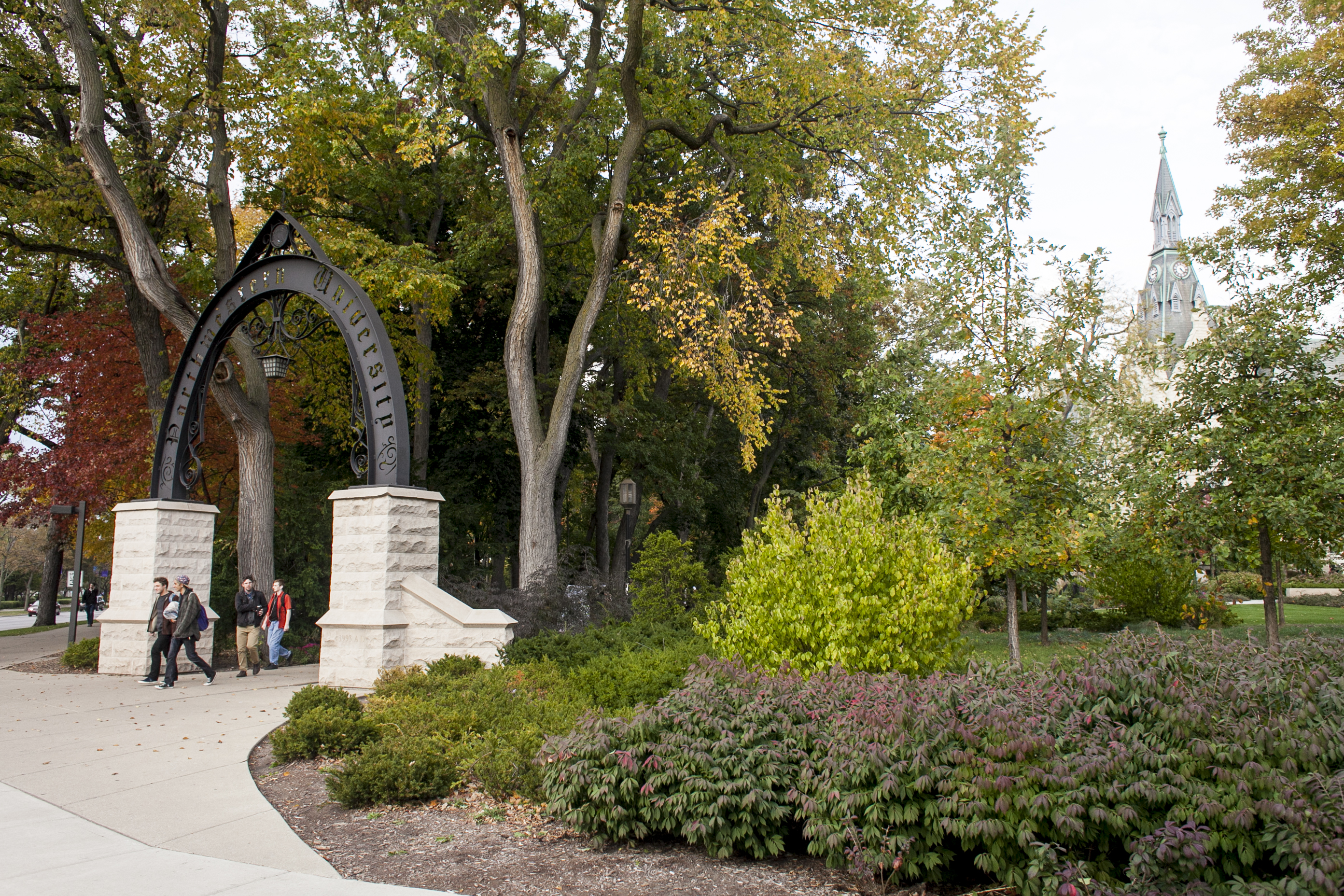More young and middle-aged women are being diagnosed with lung cancer, now at an even higher rate than cases in men, and Palatine resident Mandy Warford is one of them.
“It had started just like a cough or any sinus infection or cold,” Warford said.
When Warford’s cough persisted for a year, she went to see her primary care doctor last November and was diagnosed with acid reflux. When medication didn’t work, Warford went for a chest x-ray.
“That's when the fluids started showing up. So that's when they switched from the acid reflux meds to the pneumonia antibiotics,” Warford said.
Feeling out of the loop? We'll catch you up on the Chicago news you need to know. Sign up for the weekly Chicago Catch-Up newsletter here.
Those didn’t clear her cough either. Eventually a PET scan found the source, lung cancer.
“The primary was lung cancer, and they call it stage four, because it had spread,” Warford said.
“So the cancer has gone to the liver, other lung, some of the lymph nodes as well as the bone,” said Dr. Dennis Chan, Warford’s radiation oncologist at Northwest Community Hospital in Arlington Heights.
News
Further testing through an MRI found the cancer had also spread to her brain.
“The MRI showed that there was five spots growing in the brain. That was the shock,” Warford said.
Age 41 at the time and a non-smoker, Warford was stunned, but Chan said new research showed Warford is not alone.
“There's a higher incidence of young woman in the age 35 to 55 group who are being more and more diagnosed compared to their male counterparts,” Chan said.
Dr. Chan recommended a targeted therapy that involves Warford taking eight pills a day.
“This therapy is absolutely working. She's had a blockbuster response,” Chan said.
Six months into treatment, a new PET scan showed the amazing results.
“The cancer that spread to the liver, to the other parts of the lung and the bone that activity is no longer present. The liver looks normal,” Chan said.
While the targeted therapy worked on most of the tumors, one brain tumor needed another tactic, called the CyberKnife.
“It's a type of radiation. And it's so different from the traditional radiation because,
for Mandy, we were able to just give them one treatment over 20 minutes,” Chan said.
“We'll find that if that worked in about mid-December,” Warford said.
A frequent traveler, Warford tries to remain hopeful she has many more trips in her future.
“Stage four doesn't go away. You hope for this, no evidence of disease. And hopefully I will have that for years,” Warford said.



